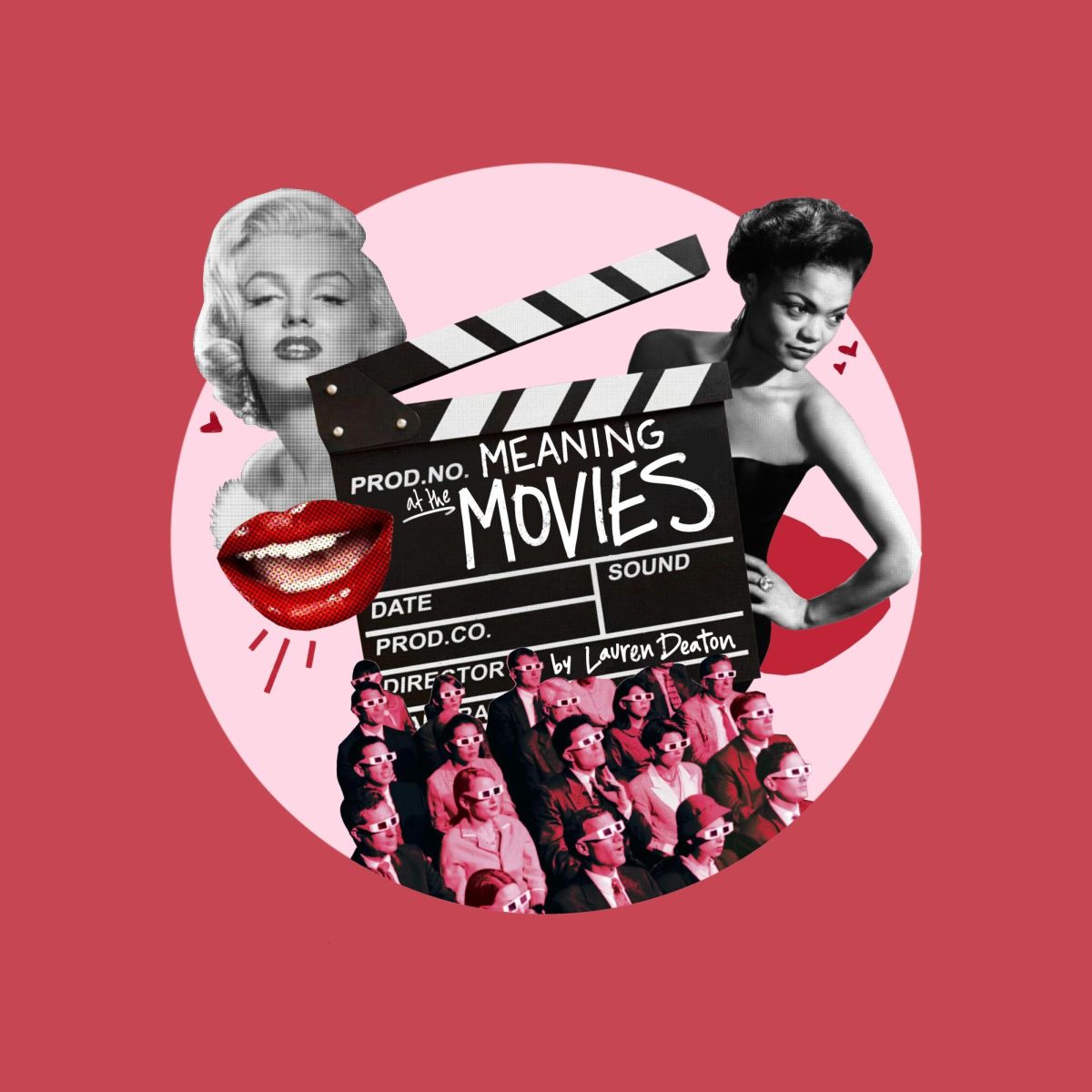When I finished watching “Aftersun,” I sat and stared blankly at my computer, tears streaming down my face. Then, I added it to my Letterboxd top four. I haven’t watched it since.
“Aftersun,” Charlotte Wells’ directorial debut starring Paul Mescal and Frankie Corio, is a semi autobiographical depiction of Sophie, a girl who is recalling a trip she took with her father Calum twenty years earlier. The decision to not just depict the trip, but to depict the trip as adult Sophie remembering and assessing it, is ingenious, and is what makes the film so incredibly powerful. The film is a clear lesson in memory, in growing up and in inheriting things from our parents. When Sophie reflects on the trip, that childhood innocence is stripped away bit by bit — the edges of her father’s depression that she didn’t fully recognize as a child infringing on every scene. The cracks in the facade he put on for her became ever more apparent.
The final sequence is what really packs the punch of this idea — scenes of Calum dancing are intercut with a shot of him standing alone in a room, staring into the camera, before eventually walking out, not back into the world but instead into Sophie’s memories. All throughout this scene, “Under Pressure” by Queen and David Bowie is playing, crescendoing into, “This is our last dance/ This is our last dance/ under pressure” as the scene intensifies and Calum leaves. The pairing of these lyrics with this intense sequence, seems to indicate that this trip was the last time Sophie ever saw her father, that this was their last dance, their last time together.
The weight of his depression, and his attempt to conceal that from Sophie, implies that Calum likely took his own life. From the shot of him crying on the opposite side of a door to Sophie to his mention that he never thought he would make it to 40, there is a kind of melancholy, trying to be present but being pulled away with something heavier than oneself. Calum’s depression doesn’t stop with him, it’s extended to Sophie, even as he tries to stop it.
In my favorite — and, in my opinion, the most heartbreaking scene in the film — Sophie is lying on the bed talking to her father when she says, “I just feel a bit down or something. Don’t you ever feel like you’ve just done a whole amazing day, and then you come home and feel tired and down, and it feels like your bones don’t work. They’re just tired and everything is tired. Like you’re sinking. I don’t know. It’s weird.” As soon as Sophie says this, you can see the pain and fear seize Calum, the sadness creeping into his eyes, his daughter, the person he loves most in the world, is beginning to experience the very thing that has taken a hold of his life and caused him so much pain. The fear and the anxiety of knowing there’s no real true way for him to stop it, and the knowledge that this pain came from him almost seems too much to bear.
Watching this moment on screen felt like a punch in the gut. As someone with depression, who also has parents with depression, the feeling and the weight and the fear of intergenerational depression hit me hard. The look that Calum had on his face during Sophie’s monologue is an expression that I’ve seen mirrored on my own parents. Sophie’s ever growing understanding of her father as a layered, complex person is something I’m increasingly coming to understand in my life.
Part of growing up is learning that your parents are full, complicated people, with their own issues and trials and experiences. As I’ve grown up and moved into therapy while taking medication for anxiety and depression, I’ve learned increasingly more about my parents inner worlds, their own mental health struggles and their own experiences with therapy and medication.
And as heavy as this is, it also gives me a kind of strength of understanding — that even through these painful things, my parents have still found joy, they’ve still created a wonderful family. This is true of “Aftersun,” too — even in Calum’s struggle, even in the evidence of all his pain, it’s abundantly clear that he loves Sophie, that she is the thing in the world most dearest to him. Depression can be hard and painful and nightmarish, and reckoning with the idea that it can be passed onto your children is terrifying, but love, too, can be passed on.
And that’s what “Aftersun” is — that’s what life is, a mingling of love and pain, even if it’s only for a little while.



